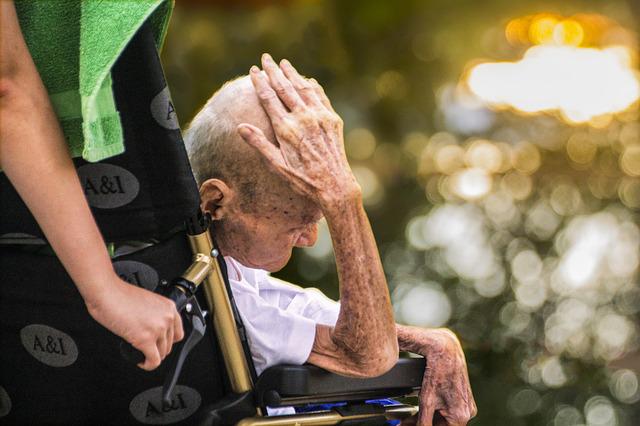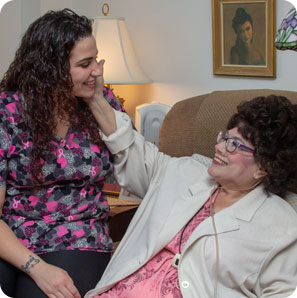
There are many options for those who need assistance with their aging parents. There are many options: adult day programs for seniors, in-home care, hospice, and nursing homes. We will be discussing the differences between each of these options in this article. Ultimately, your choice will depend on your budget, family situation and preferred level of care. However, no matter your decision, you will receive the best care for your loved ones.
In-home care
There are many factors that can affect the cost of senior care at home. You may be eligible for benefits like Veteran Administration, Medicaid, or health insurance to cover the cost. Private citizens are also eligible to contribute. Fundraisers are another way to raise the money needed. However, there are some things to keep in mind when comparing in-home care costs to nursing home care. Compare costs before you decide on a service.
First, evaluate your loved one's care needs. The first step in choosing an in-home care provider is to assess your loved one's needs. An elderly care agency might offer a free home assessment. This is a great way to see how much care is required, and what services can be provided.

Nursing homes
If you're considering nursing home care for your loved one, it's important to know what to look for. First, you must ensure that the facility meets minimum safety regulations. This includes having a sprinkler system, fire-resistant doors, and an evacuation plan. The policy should include procedures and guidelines for handling personal property in the event of an emergency. In addition, the nursing home you choose should have a waiting period for admission and a fee structure that's easy to understand. You should be able to clearly see the fees and whether additional services are available.
Home Care Assistance Program (HCAP) is another option that can be used by those who need assistance in daily activities but who do not wish to go into a nursing house. Although a HCAP doesn't provide 24/7 nursing care, it provides room and board, medical treatment, case management, and other support services. This option is usually covered by Medicaid, Supplemental security income, and home relief programs.
Adult day programs
Adult day programs that provide elderly care for seniors offer a variety services for those who need assistance, supervision, or socialization. Many offer cognitive stimulation and memory training. These centers offer caregivers a much-needed break from caring and can delay placement at a nursing home. Many centers are open seven to ten hour days. Some also offer evening or weekend hours. Some provide transportation and meals.
Adult day care centers are professionally-trained, community-based programs that focus on enriching the lives of older adults. They offer social activities for participants as well as a place to relax after a long day. Adult day care centers employ health care professionals to provide occupational and physical therapy for the elderly and health support. However, caregivers should always check with a health care provider before enrolling their loved one in an adult day care facility.

Hospice care
While it may be difficult to ask medical professionals questions, asking questions is an essential part of hospice care. It will ensure that senior citizens receive the best possible care at the end of their life. Ask about the number and response times after-hours, as well as whether care will continue after death.
One study found that nurses who have personal experience with elderly relatives were more likely to be receptive to hospice care. Although these findings are alarming, they are not unexpected. Caregivers close to the elderly might have a different perspective. Hospice care is more appealing to those who have experienced death. Positive attitudes were also more common among hospice trained nurses.